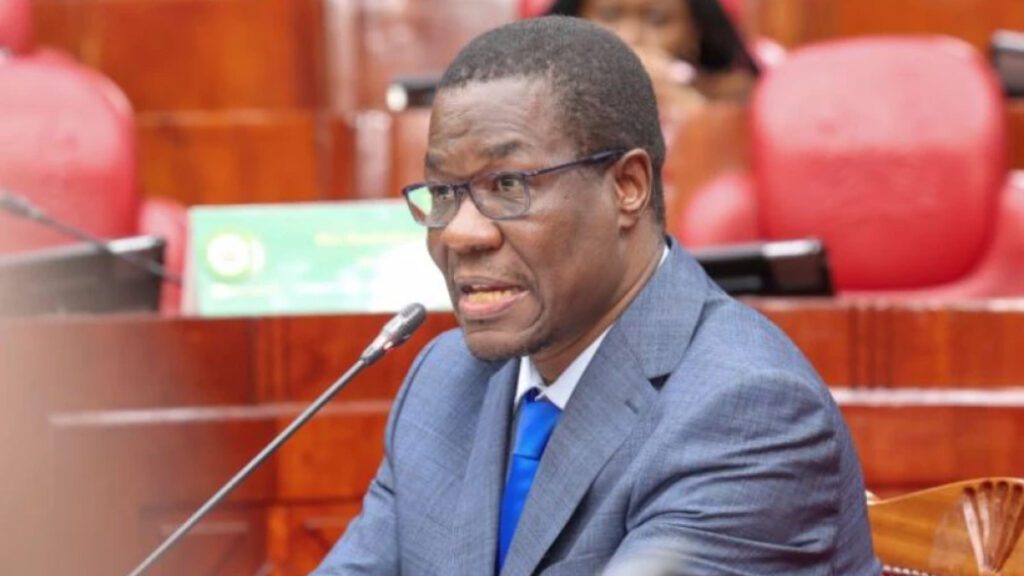Kenyans are expressing growing frustration following a fresh spike in fuel pump prices, with questions mounting over the effectiveness of the Government-to-Government (G2G) oil import deal meant to cushion consumers from global market shocks.
In the latest monthly review, the Energy and Petroleum Regulatory Authority (EPRA) raised fuel prices significantly, with Super Petrol now retailing at Ksh186.31, Diesel at Ksh171.58, and Kerosene at Ksh156.58 per litre in Nairobi. These reflect increases of up to Ksh9 per litre compared to last month.
The hikes come despite the G2G agreement Kenya signed in April 2023 with Gulf oil producers, allowing the country to import petroleum on a six-month credit arrangement. The deal, extended until early 2028, was supposed to stabilize pump prices and protect the Kenyan shilling.
However, during a session before the National Assembly Departmental Committee on Energy, Energy Cabinet Secretary Opiyo Wandayi attributed the hike to an increase in global fuel prices and not failures in the G2G arrangement.
“The oil industry in Kenya uses the S&P Global platform as the benchmark,” Wandayi explained. “To avoid speculation, monthly averages are applied based on delivery dates of each cargo.”
According to documents tabled in Parliament, the landed cost of petroleum products rose significantly between May and June 2025:
- Super Petrol: from $671 (Ksh86,559) to $716.94 (Ksh92,485) per tonne
- Diesel: from $563.84 (Ksh72,735) to $616.47 (Ksh79,524) per tonne
- Kerosene: from $598.43 (Ksh77,197) to $647.20 (Ksh83,488) per tonne
EPRA indicated that the rise translated to increases of Ksh5.17, Ksh4.90, and Ksh5.74 per litre for petrol, diesel, and kerosene respectively.
Wandayi attempted to downplay the hike by comparing it to last year’s prices, noting that current rates remain lower than July 2024 levels.
Still, lawmakers pressed the Ministry to explain why global prices continue to impact local costs despite the G2G deal, which was marketed as a buffer against such volatility.
Further scrutiny fell on Kenya’s heavy taxation regime, which contributes to the high retail prices. Kiharu MP Ndindi Nyoro claimed that taxes account for up to 80 per cent of the pump price.
For instance, during the June 15 review, EPRA’s data showed that the landed cost of Super Petrol stood at Ksh76.83, while cumulative taxes and levies amounted to Ksh80.87 per litre. This brought the total to Ksh177.32 before the latest increase.
Breakdown of major taxes and levies:
- Excise duty: Ksh21.95
- Road Maintenance Levy: Ksh25.00
- Petroleum Levy: Ksh5.40
- Regulatory levies (EPRA & Railway): Ksh2.21
- Value Added Tax (VAT): Ksh24.46
Wandayi acknowledged the tax burden but said Kenya’s policy must be understood within the context of national development priorities. He cited neighbouring Tanzania as having a higher landed cost but lower pump prices, due to less aggressive taxation.
He also highlighted other contributing factors such as distribution costs, gross margins, and storage fees—all of which form part of the final pricing structure.
With global oil prices projected to remain volatile, the latest developments reignite debate over whether the G2G model is delivering the price stability promised by the Ruto administration.

